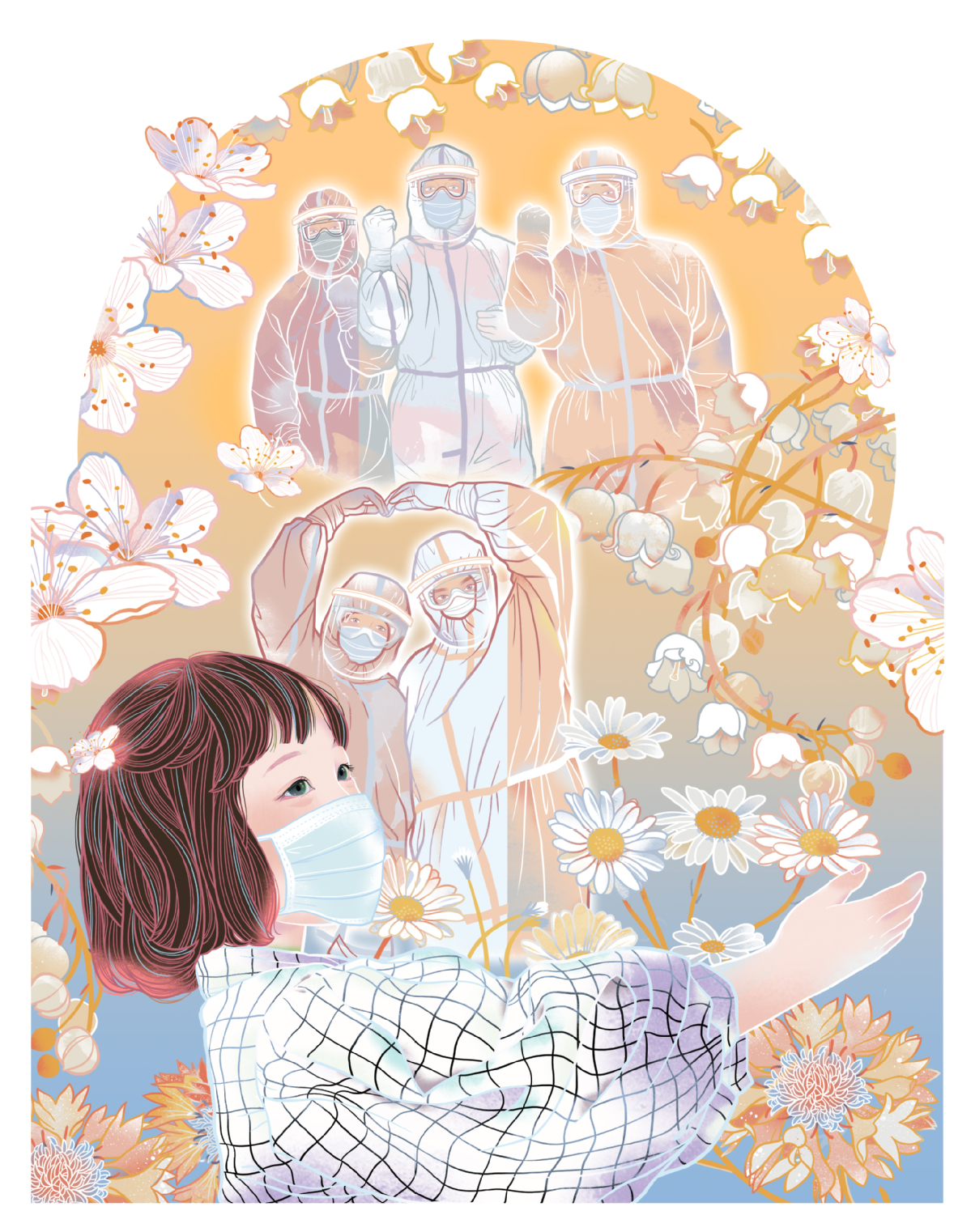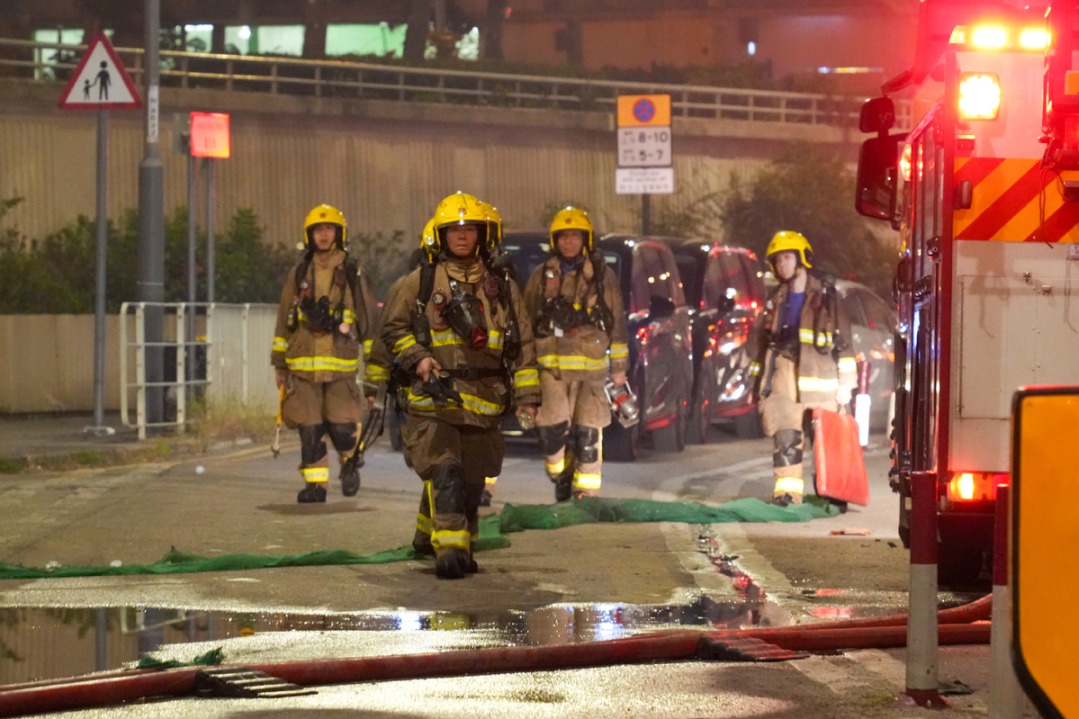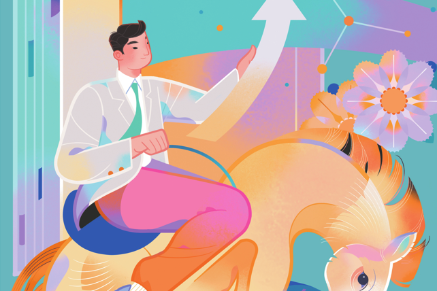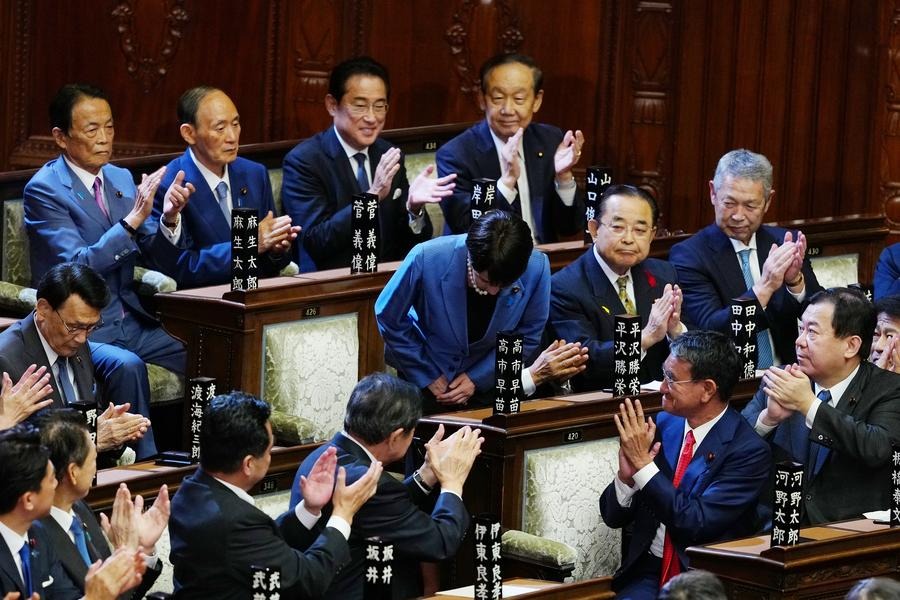Saving lives best way to protect human rights


Editor's Note: A series of meetings on human rights protection amid the novel coronavirus pandemic were held through videoconferencing in China recently. Many experts from home and abroad enriched these meetings with their knowledge and experience. Following are excerpts from the contributions of some of them:
All countries should give priority to saving lives
China's measures to contain the novel coronavirus outbreak have prompted the international community to think afresh about the meaning of human rights. Due to their diverse histories, cultures and traditions, people of different countries may have different understandings of human rights. Yet the West, which has become used to dominating the global narrative on major issues, has always been skeptical about, even critical of, the human rights situation in non-Western countries, especially those in Asia.
To protect human lives from a pandemic, many countries have imposed stringent quarantine measures, with quite a few declaring a state of emergency, issuing stay-at-home orders, restricting the movement of people and vehicles, and banning religious gatherings and demonstrations.
When individuals' freedom disturbs the sociopolitical order, leading to heavy loss of lives-for example, during an epidemic outbreak-even the Western world demands that people give up some of their freedoms, and imposes unprecedented, draconian restrictive measures on individuals.
Some Western experts say that in the post-pandemic world, the West will need to reevaluate the importance of cultural pluralism and collectivism including the social security system, and strike a balance between national security and individuals' fundamental rights.
When people face a life-threatening virus, shouldn't the top priority of a government be to protect their lives, by balancing individual freedom with restrictive measures and medical services?
Sociopolitical order is established to guarantee liberty, and liberty is hard to achieve without a reasonable social order. Western and non-Western countries should try to reach a consensus on how best to protect lives, and make human rights a shared value for humankind. And the international community should devote itself to building a community with a shared future for mankind by promoting dialogue and diversity.
Han Dayuan, director of the Center for Human Rights Studies at Renmin University of China
Pursuing liberty at cost of society's safety immoral
In the fight against the coronavirus outbreak, the right to life and health should be paramount. Although many people believe life and health can be sacrificed for freedom, an individual's pursuit of liberty at the cost of the health and safety of the entire society is socially and morally unacceptable.
So, even if there is a conflict between individualism and collectivity, the right to life and health should be accorded the highest priority, in order to better protect human rights. To enjoy human rights, individuals are obliged to fulfill certain social responsibilities. As the cost of protecting human rights during an emergency is much higher than in normal times, it is necessary to carefully consider how best can human rights be protected amidst, say, a raging pandemic.
No country or society can claim to protect all human rights to the fullest extent. But meticulous, careful decision-making after considering all the pros and cons can help better protect human rights.
He Zhipeng, a professor at the School of Law, Jilin University
Medical staff should be better protected
Medical workers in the front line of the fight against the novel coronavirus have been praised while those who evaded their duties penalized. But when there is a lack of even basic protection of life, do medical workers have the right to refuse to perform their duties?
There are no clear ethical norms or legal guidelines on whether medical workers should risk their lives to prevent and control a deadly disease, perhaps social and ethical norms cannot differentiate between the life of a patient who needs treatment and a medical worker who is supposed to administer such treatment. But judging by the experiences during the fight against the Ebola and H1N1 epidemics, legal experts say that sacrificing the lives of medical workers to save sick people is morally indefensible.
Therefore, no medical worker can be condemned for "evading responsibility". Since all lives are equal-and the cornerstone of human rights-no law can force a medical worker to risk his or her life to save that of others, which is different from the legal principle of military service.
Qi Yanping, a professor at the Human Rights Research Center, Beijing Institute of Technology School of Law


































